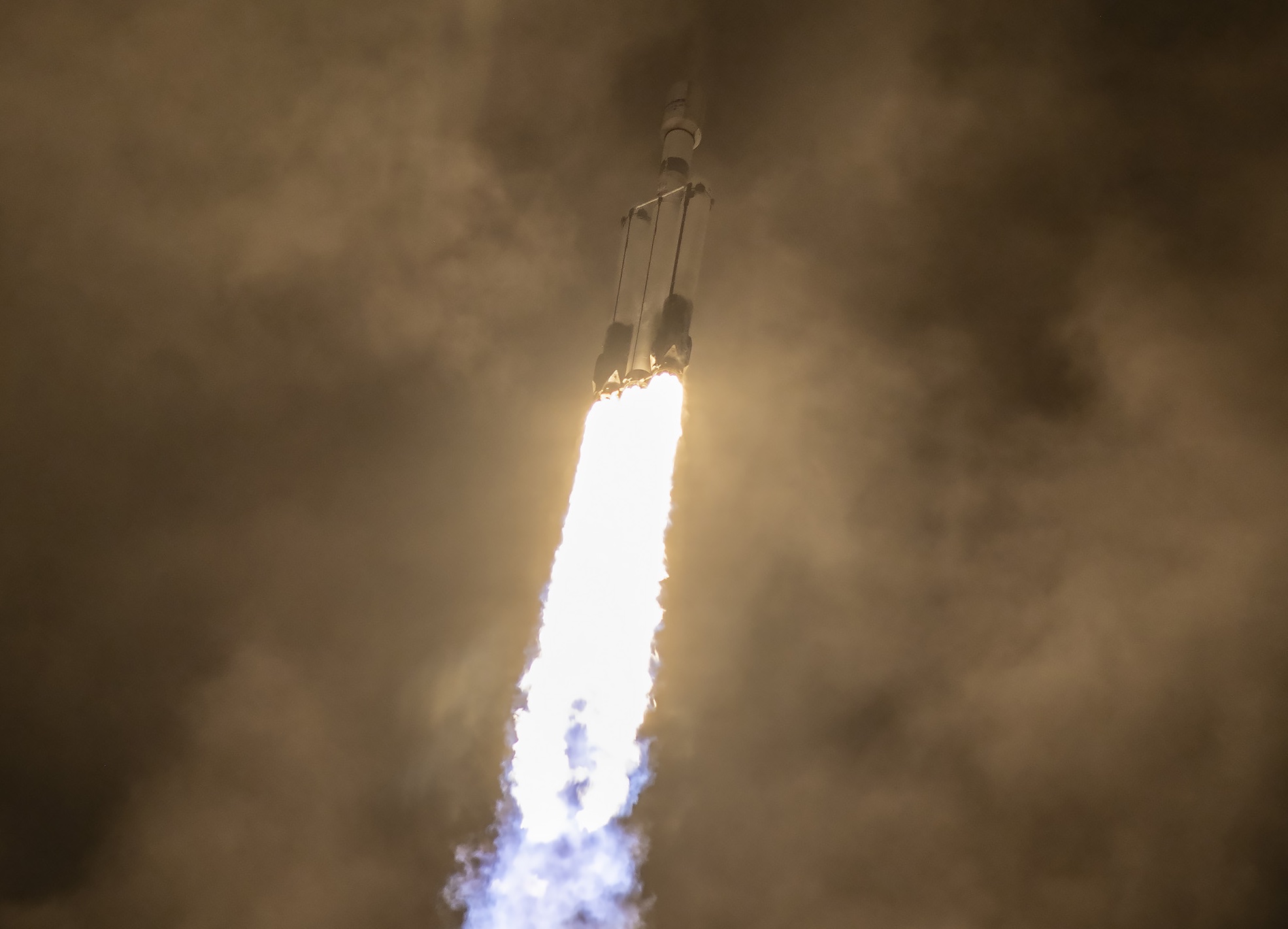SpaceX Pushes Back Against FAA Over Proposed Fines
SpaceX has recently taken a firm stance against the Federal Aviation Administration (FAA) following the agency’s announcement of proposed fines amounting to $633,000 for launch license violations. The company argues that the FAA’s delays and inefficiencies are to blame for what SpaceX considers minor changes that did not affect public safety.
On September 19, SpaceX released a four-page letter addressed to the leadership of the House Science Committee and the Senate Commerce Committee, which hold oversight responsibilities for the FAA’s Office of Commercial Space Transportation (AST). The letter outlines SpaceX’s detailed response to the FAA’s proposed fines related to two launches conducted in mid-2023.
### Details of the Alleged Violations
The FAA’s fines pertain to two specific incidents. The first involves a Falcon 9 launch where SpaceX reportedly used a new launch control center without prior approval from the FAA and did not conduct a mandated poll of controllers two hours before launch. The second incident involves a Falcon Heavy launch where SpaceX utilized a new propellant tank farm without obtaining FAA approval.
### SpaceX’s Perspective
SpaceX contends that they had provided the AST with ample notice regarding these updates, which they argue were minor and had no impact on public safety. “With respect to these matters, it is notable that in each instance, SpaceX provided AST with sufficient notice of these relatively minor license updates, which had no bearing on public safety,” the company stated in their letter. They emphasized that the delays in approval from AST highlight systemic issues within the regulatory body.
For the Falcon 9 launch, SpaceX submitted a modified communications plan to the FAA on May 2, 2023, which included the details of the new launch control center. However, it wasn’t until June 13 that the FAA responded, stating there were too many changes in the plan to review and approve it in time for the June 18 launch. SpaceX then sent a revised plan on June 15, which only altered the location of the control center. The company argued that this change was a “continuing accuracy update” and did not require FAA approval. Despite this, the FAA did not complete the approval process until August 20. SpaceX pointed out that the eventual approval of the plan indicated there were no public safety concerns related to the change in the launch control center’s location.
In addition to the control center issue, SpaceX was fined for not conducting a required poll at the T-2 hour mark before the Falcon 9 launch. SpaceX argued that there is no regulatory requirement for such a poll and that they do conduct a poll of controllers later in the countdown, just before the start of propellant loading.
Regarding the Falcon Heavy launch, SpaceX stated that the new propellant tank farm was moved to enhance public safety and had been approved by range safety authorities before the launch. Additionally, the FAA had granted a waiver for SpaceX to use the tank farm for a Falcon 9 launch from the same pad a month later. The FAA formally approved the tank farm several months after the initial Falcon Heavy launch.
SpaceX also noted that the FAA did not initially halt launch operations for the mission using the new, unapproved tank farm. When the FAA eventually intervened later in the countdown, the agency’s leadership did not direct SpaceX to stand down or revoke its license.
### Allegations of Political Motivation
David Harris, SpaceX’s vice president, signed the letter and suggested that the FAA’s fines might be politically motivated. The letter highlighted that the violations and penalties were announced shortly after Congress increased scrutiny on the AST for not fulfilling its regulatory responsibilities promptly. This scrutiny was evident in a September 10 hearing by the House Science Committee’s space subcommittee on licensing delays.
SpaceX further criticized the FAA’s release on the fines, which included a quote from the agency’s chief counsel, a political appointee. SpaceX called this action “highly irregular, and perhaps unprecedented.”
One industry source, speaking anonymously, expressed skepticism about SpaceX’s claims, noting the paradox in SpaceX’s argument that the FAA was both too quick to respond to congressional criticism by announcing the fines and too slow in its regulatory activities.
### Elon Musk’s Response
Elon Musk, SpaceX’s Chief Executive, took to social media to voice his displeasure, describing the fines as “lawfare” and “politically motivated.” He vowed to sue the FAA over the matter. However, as of now, SpaceX has not filed any lawsuit.
### Context and Broader Implications
This incident highlights ongoing challenges in the relationship between private space companies and regulatory bodies. The commercial space industry is growing rapidly, and regulatory frameworks are struggling to keep pace. Delays and inefficiencies in the approval processes can significantly impact launch schedules and operational planning for companies like SpaceX.
For layman readers, it’s essential to understand that launch licenses are critical for ensuring public safety and compliance with national and international regulations. Any changes to launch plans, control centers, or propellant handling facilities need to be thoroughly reviewed and approved to mitigate risks. While SpaceX argues that their changes were minor and did not impact safety, the FAA’s role is to ensure that all aspects of a launch are scrutinized to prevent any potential hazards.
### Good to Know Information
For those unfamiliar with the terminology, a launch control center is a facility from which the launch of a rocket is managed and controlled. Polling controllers refer to the process of confirming that all systems and personnel are ready for launch. A propellant tank farm is an area where the fuel and oxidizers used in the rocket are stored before being loaded onto the vehicle.
### Conclusion
The ongoing debate between SpaceX and the FAA underscores the complexities and challenges in regulating the burgeoning commercial space sector. As both parties navigate these issues, the need for efficient and responsive regulatory processes becomes increasingly apparent. This incident may also prompt further discussions and potential reforms in how launch licenses and related approvals are managed to better accommodate the fast-paced nature of the space industry.
For more detailed information on this matter, you can refer to the original article [here](https://spacenews.com/faa-fines-spacex-for-launch-license-violations/).
For more Information, Refer to this article.


































